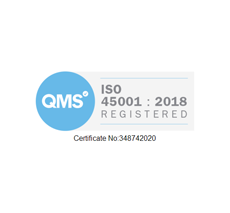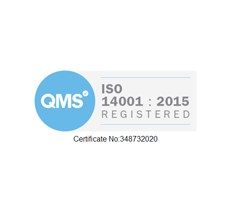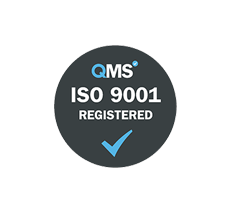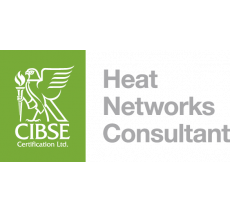Smart Grid Program Promises Energy Efficiency Improvements
16 May 2024
With the UK government keen to achieve its net zero target by 2050, energy efficiency and decarbonisation are rapidly gaining significance, not just among policymakers but also contractors, building designers and end users. With that in mind, the government has recently begun a consultation period for its Smart Secure Electricity Systems (SSES) Programme.
With the UK government keen to achieve its net zero target by 2050, energy efficiency and decarbonisation are rapidly gaining significance, not just among policymakers but also contractors, building designers and end users. With that in mind, the government has recently begun a consultation period for its Smart Secure Electricity Systems (SSES) Programme.
The programme has been designed to create technical and regulatory frameworks to unlock the currently untapped flexibility from small scale energy smart appliances, such as heat pumps and domestic electric vehicle charge points. The aim is to contribute to electricity system decarbonisation in a way that protects consumers and the electricity network.
The timing of this consultation could not be more prudent. With many industry professionals predicting that the National Grid may not be able to keep up with demand in the future, especially as fossil fuels are diminishing and nascent technologies, such as carbon capture and hydrogen power stations, are facing an uncertain future, it’s essential that policymakers and industry leaders look at what can be done now to reduce demand on the National Grid and cut down carbon emissions.
What is the consultation about?
The consultation, published on 16th April 2024 and ending on 11th June 2024, builds on both the 2022 ‘Delivering a Smart and Secure Electricity System consultation’ and the 2023 government response. Split into three sections, the consultation sets out proposals on a minimum set of standards for energy smart appliances that adhere to the principles of cybersecurity, grid stability, interoperability and data privacy. Furthermore, the licencing regime underlines the type of organisations that will require a load control licence and requirements around consumer protections.
Finally, the Time of Use Tariff paper identifies a tariff data standard for energy suppliers to meet so that energy smart appliances can easily receive and respond to tariff information from different energy suppliers. If the plans are approved, all electric heating technologies, such as heat pumps, batteries and storage heaters, will need to be smart as standard and feature two-way communications that allow them to receive and act on external price signals. This will allow consumers to shift demand and utilise the time of use tariffs. In the process, this could see a reduction in energy bills and a better carbon footprint.
Why is the programme so important?
This programme will create a regulatory framework that ensures all energy efficient systems and smart appliances are held to the same standard. These proportionate standards for organisations that provide smart energy services will give consumers the power to easily compare services and ensure that appliances like heat pumps and EV smart charge points can work with any supplier or tariff.
Additionally, the utilisation of smart appliances will enable consumers to manage their energy use and benefit from cheaper tariffs at times of low electricity demand. Indeed, these smart appliances are able to be programmed to wait for a period of low-demand overnight before charging or using electricity. This, in turn, could ease the network load during more busy periods. This commonality and uniformity throughout the industry will play a vital role in ensuring that consumers are given the best possible opportunity to save money and reduce their carbon footprint at the same time.
However, with smart devices fully connected to energy suppliers, it’s important to find a balance between the user having access to all possible tariffs and the energy supplier having too much control on the user’s energy and home systems. This programme may well be the solution.
So, with the government’s target of net zero by 2050 seeing energy efficiency taking significant importance, encouraging users to adopt energy efficient smart devices in their homes and workplaces could be vital. The SSES programme, and consultation, provides a perfect opportunity to take the first steps towards a greener and more sustainability-focused future.
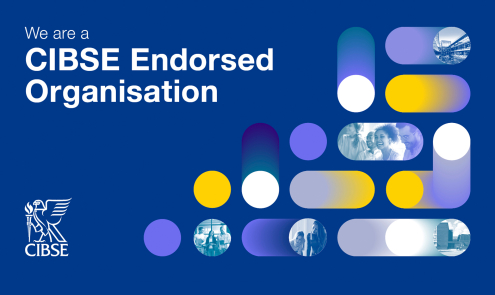
WHITECODE CONSULTING GAINS HIGHLY...
As a company that prides itself on sustainability in design and exceeding – not just meeting – industry standards, Whitecode Consulting is delighted to announce it has gained the coveted Chartered Institution of Building Services...
Read More
Passing Gateway Two: What you need to know...
Gateway Two is a key aspect of building safety and quality. However, the Building Safety Regulator’s (BSR) approval process is causing significant backlogs in UK construction projects. While indications suggest the BSR itself...
Read MoreLike to Know More? Let's Talk...




